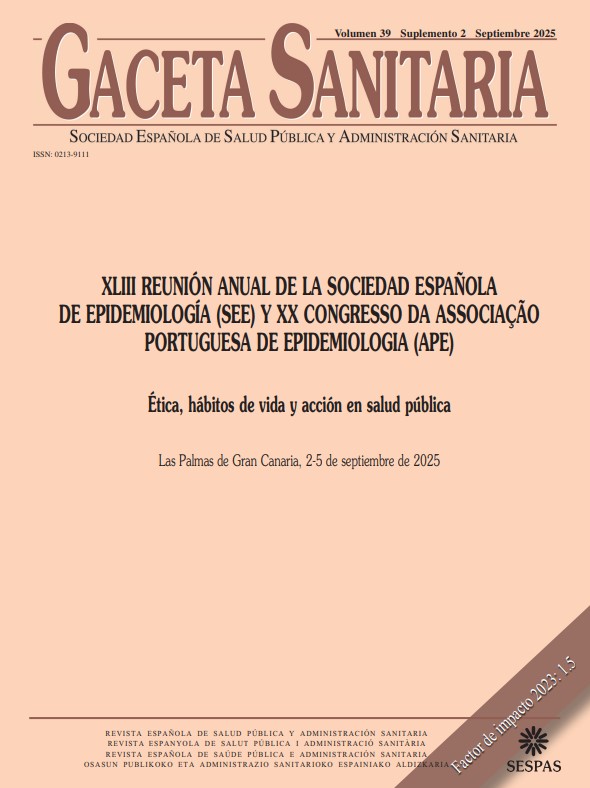654 - HOW FOOD INSECURITY CAN PROSPECTIVELY INFLUENCE APPETITE IN ADOLESCENTS FROM THE GENERATION XXI COHORT?
EPIUnit ITR, Instituto de Saúde Pública da Universidade do Porto, Universidade do Porto; School of Psychology, University of Leeds.
Background/Objectives: Experiencing food insecurity may contribute to disordered eating and obesity in adulthood. However, the pathways linking early food insecurity to later eating behaviors remain poorly understood. This study aims to investigate the association between food insecurity at age 10 and appetitive traits at age 13.
Methods: Participants are from the prospective Generation XXI birth cohort assembled in Porto (n = 2,495). Household food security status was assessed using the US Household Food Security Survey Module, completed by the primary caregiver. In addition, children's perceptions of food security at age 10 were evaluated using the Self-Administered Food Security Survey Module. Appetitive traits were assessed at age 13 by the Children's Eating Behaviour Questionnaire. Linear regression models, adjusted for socio-demographic variables, estimated the associations between food insecurity and appetitive traits.
Results: At age 10, 5.8% of participants lived in food-insecure households. These participants showed greater responsiveness to food (β = 0.27, 95%CI 0.13-0.42), enjoyed foods more (β = 0.22, 95%CI 0.08-0.35), had a higher desire to drink (β = 0.26, 95%CI 0.14-0.37), and more emotional overeating (β = 0.28, 95%CI 0.15-0.41) and emotional undereating (β = 0.15, 95%CI 0.01-0.28) three years later compared to those from food-secure households. Analysis using child-reported perceived food security status showed similar relationships, except for emotional undereating, where no significant association was observed.
Conclusions/Recommendations: Childhood food insecurity was associated with increased food approach appetitive traits at age 13, characterized by an intensified appetite phenotype and increased emotional eating. These findings underscore the potential long-term health consequences of food insecurity during critical developmental periods.
Funding: Portuguese Foundation for Science and Technology (FCT) through the projects with references UIDB/04750/2020 and LA/P/0064/2020 and DOI identifiers https://doi.org/10.54499/UIDB/04750/2020 and https://doi.org/10.54499/LA/P/0064/2020. AC has a PhD. Grant (2021.05970.BD, doi.org/10.54499/2021.05970.BD) co-funded by the FCT and the FSE Program.















